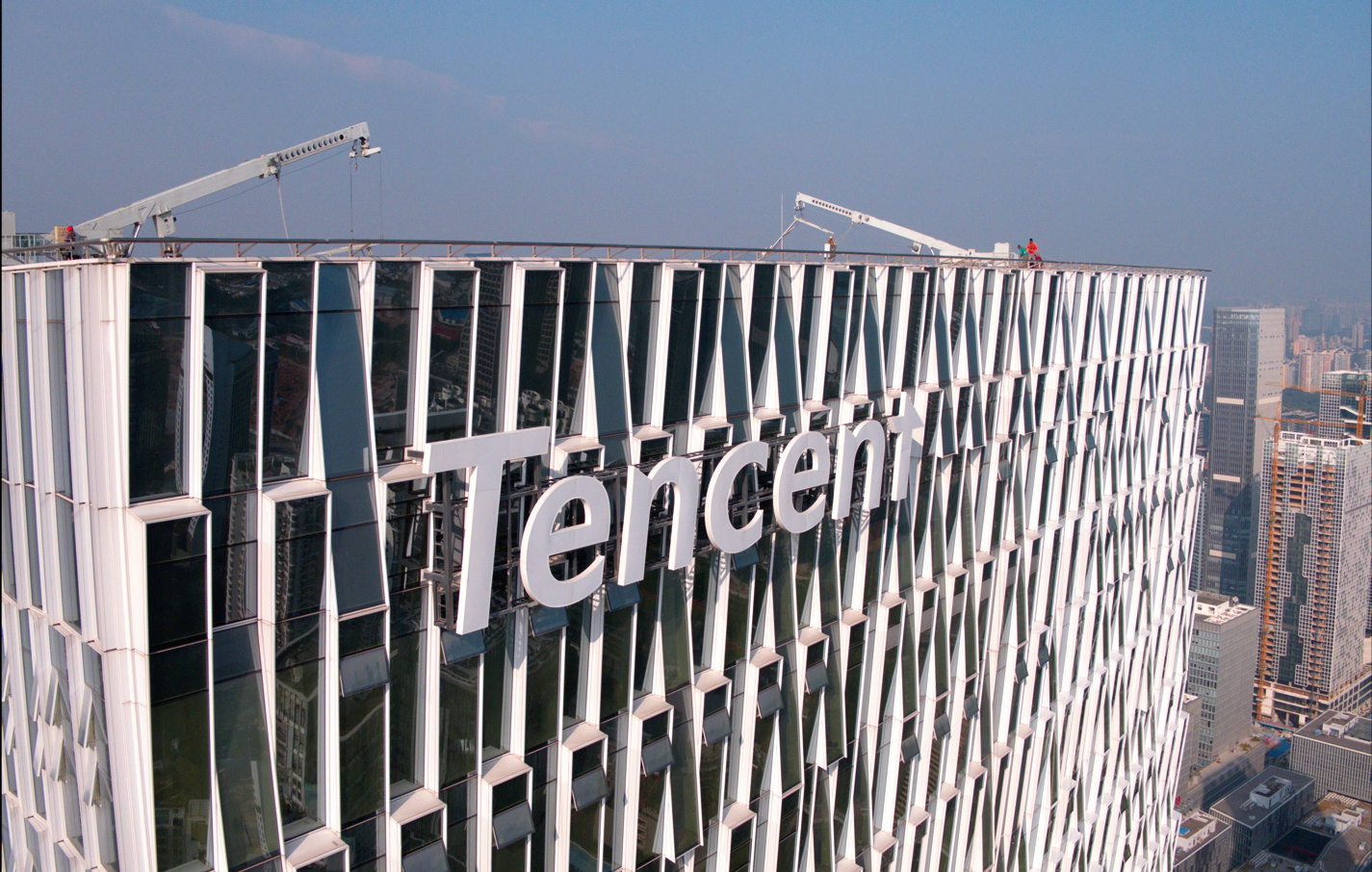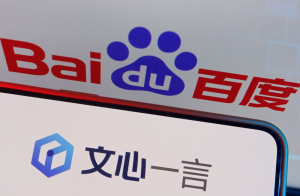(ATF) Tencent Music and Vipshop have launched share buybacks, while GSX Techedu chairman and CEO Larry Xiangdong Chen said he would use his own money to buy up to $50 million of its shares, as US-listed Chinese firms tried to counter the effect of over $20 billion of block sales linked to margin calls for Archegos Capital.
The Tencent Music and Vipshop buyback programmes were substantial, at up to $1 billion and $500 million respectively. Baidu, which was also hit hard by the Archegos-linked block sales, has roughly $2.78 billion outstanding in already authorised buyback programmes, according to analysts at Citi, so it could join the drive to push its share price back up with open market purchases.
The moves helped to boost the US-listed shares of the affected Chinese firms on Tuesday March 30, while also ensuring that volatility in their stocks remained high.
Baidu’s Nasdaq-listed shares closed the New York trading day up by +6.6%, GSX Techedu rose by +4.57%, Tencent Music was up by +4.82% and Vipshop added +8.84%.
It is still not clear whether unwinding of Archegos positions by either its prime brokers or the fund itself has been completed. Archegos finally broke its silence to issue a public comment, but did not provide any details of its plans or those of its founder, the former Tiger Asia hedge fund manager Bill Hwang.
“This is a challenging time for the family office of Archegos Capital Management, our partners and employees. All plans are being discussed as Mr Hwang and the team determine the best path forward,” said Karen Kessler, a spokesperson for Archegos.
The scale of the losses at Credit Suisse and Nomura, and the effect on their own stock prices, could lead to a broader reassessment by banks of the exposure they take via the prime brokerage units that provide leverage to hedge funds and similar borrowers.
Nomura has indicated that it faces around $2 billion of exposure, while estimates of the potential loss at Credit Suisse are now in the $3 billion to $4 billion range, with JPMorgan analysts forecasting that the total cost to the banking sector could be $10 billion, which is high – even in the context of around $50 billion of exposure for Archegos, after it leveraged capital of around $10 billion.
The banks with the leading prime brokerage divisions – Goldman Sachs, Morgan Stanley and JPMorgan – did not see a dramatic downturn in their own stock prices this week, but regulators are now examining the details of the Archegos unwind, and any push to tighten both risk management and leverage extension by banks could hurt revenues.
Senior managers at banks will also face pressure from their own investors to reexamine risk in the light of the effect of the dramatic unwinding of positions held by Archegos.
Any moves by the banking sector to reduce the leverage offered to funds could lead to further forced sales of stocks and unwinding of long/short positions.
And while buyback moves by US-listed Chinese firms helped their stock prices on Tuesday, there could be fewer share buybacks by banks in the near-term, especially from firms that face questions on their risk management such as Credit Suisse.























